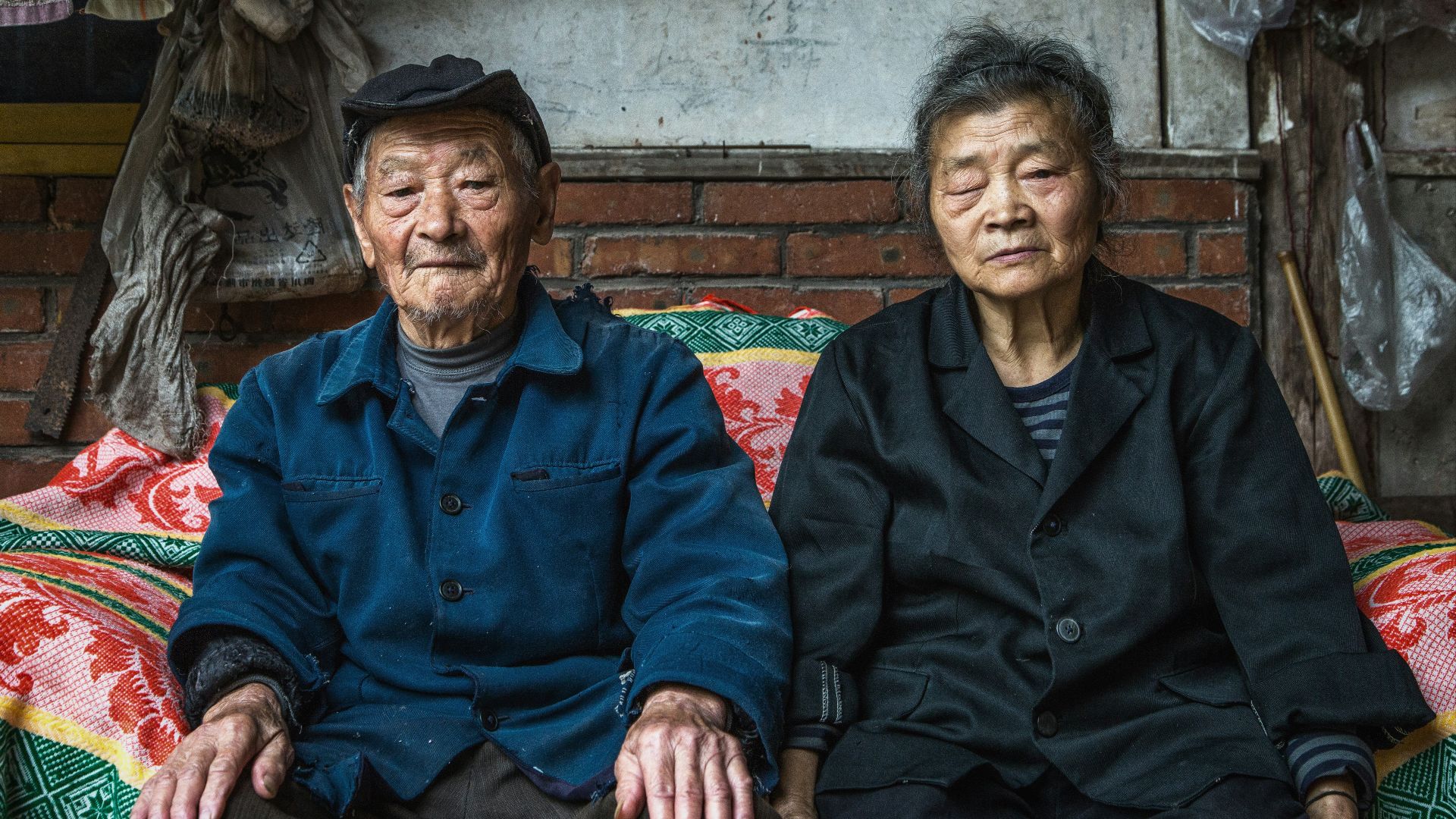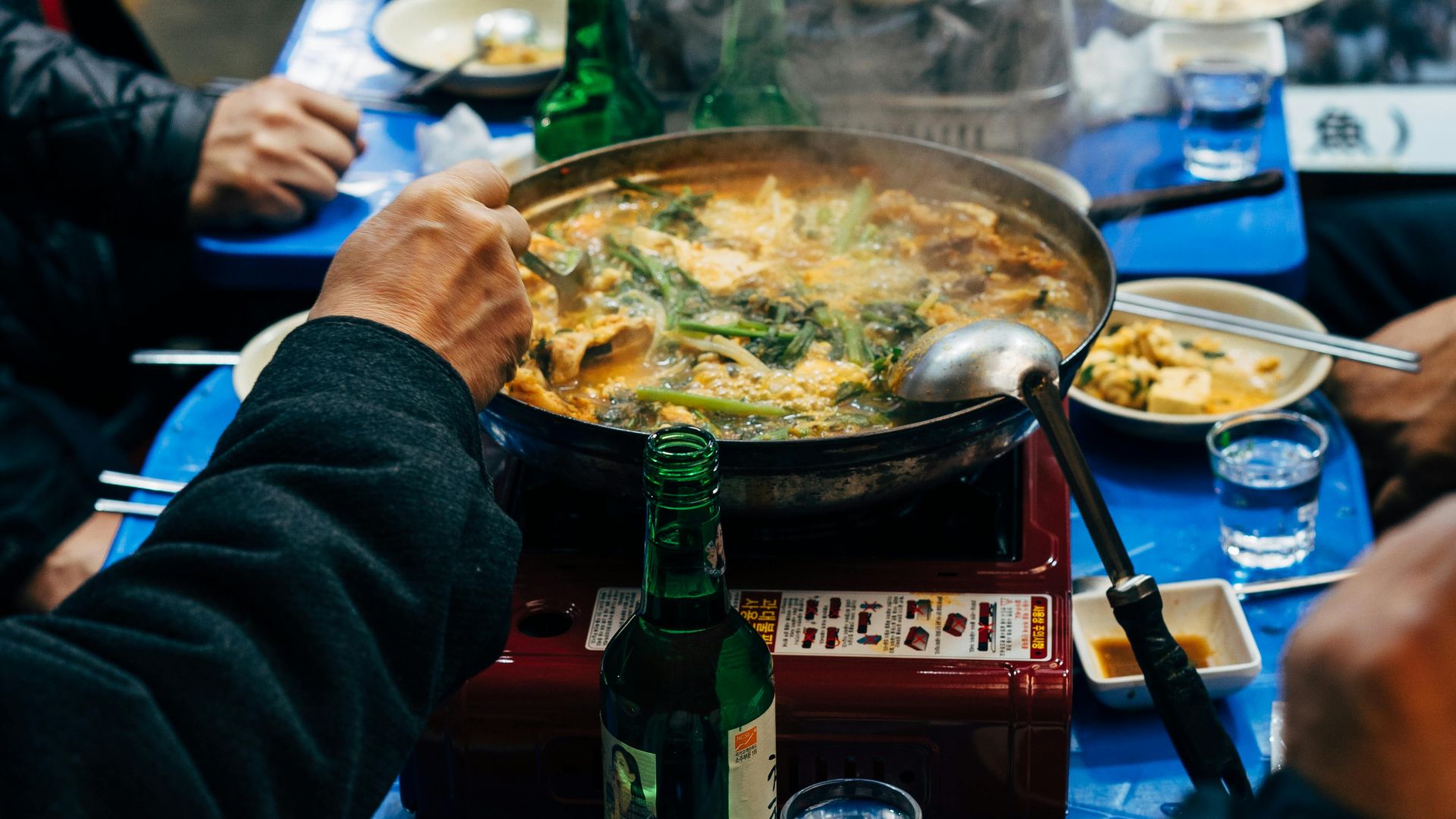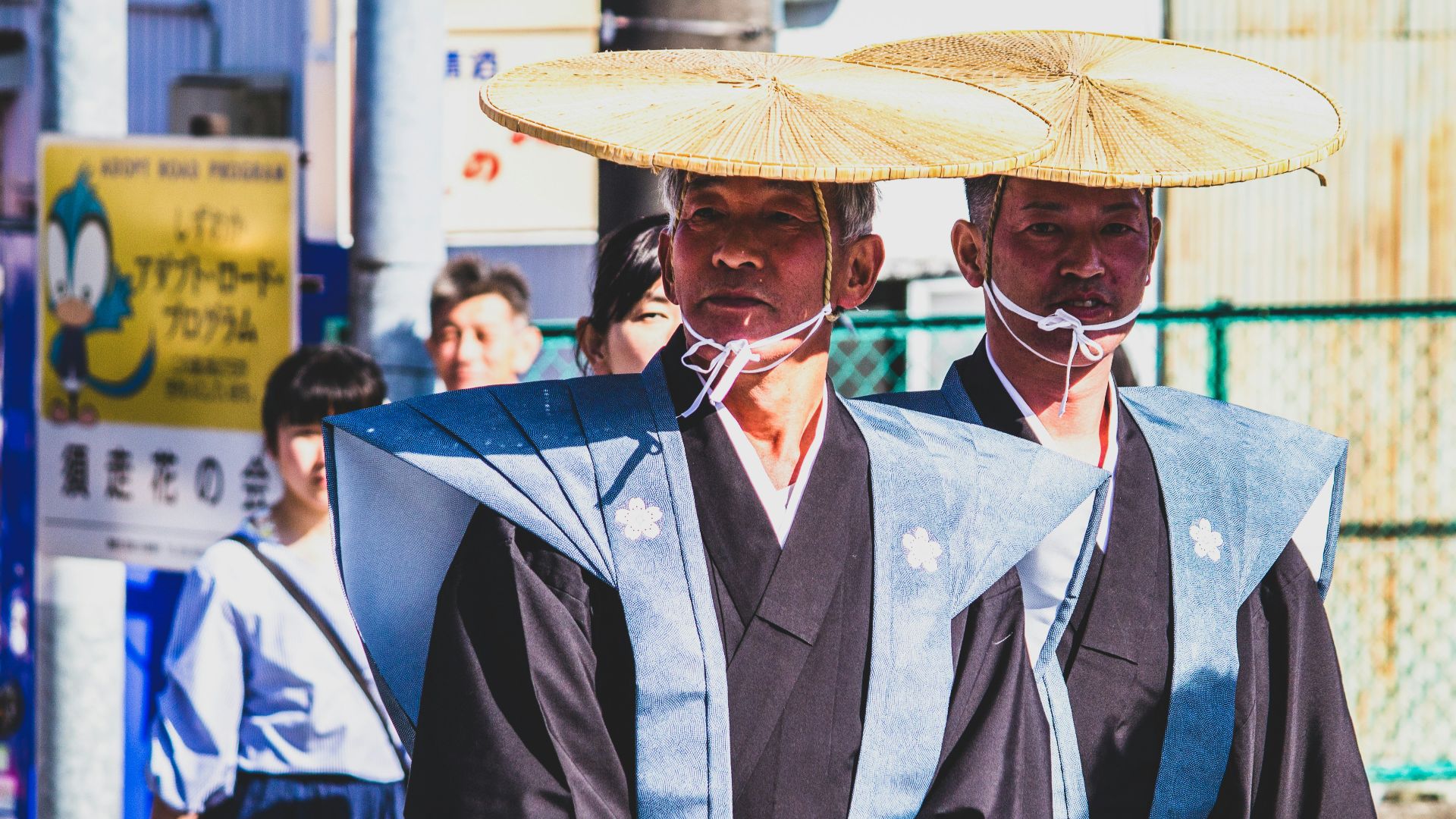In South Korea, respect for elders is practically a national reflex. You can feel this adoration for elders undergirding everything, from subway seats marked with bright pink “Senior Priority” stickers to the way language itself bends around to acknowledge hierarchy. Respect is woven into greetings, gestures, and even the way you pour a drink. There’s a rhythm to it, an unspoken choreography imprinted into the very soul of society. You might call it politeness, but really, it’s a notion far deeper that takes structure, identity, and history and weaves it all together into deference.
Language Built Around Hierarchy
Korean, as a language, isn’t one-size-fits-all. Every sentence is shaped by who you’re talking to. There are multiple speech levels—formal, polite, casual—and getting them wrong can feel like stepping on a cultural landmine. For instance, you wouldn’t address your boss or your grandmother the same way you talk to your friends at a café. The verb endings change and even the vocabulary shifts to acknowledge your place within society, as well as your relationship to that person. A simple “thank you” becomes gamsahamnida to a teacher, but gomawo to a friend. Most Koreans instinctively adjust formality within seconds of meeting someone, often after just learning their age.
The Ritual of Meals and Drinks
Dining with older people in Korea is practically ceremonial. You wait until the eldest lifts their chopsticks before you touch your food, and if you’re drinking, you angle your head away slightly to sip to avoid facing them. When pouring soju, a mild liquor, you hold the bottle with two hands as a sign of respect. This level of formality sounds stifling, but for Koreans seasoned in this way of life since childhood, it’s almost instinctive. There’s something admirable about it, like manners that survived modernization unscathed. And while younger Koreans sometimes roll their eyes at the formality, few would ever skip it in front of grandparents.
Elders’ Seats are Untouchable
In Seoul’s subway cars, you’ll see five pink seats near each door reserved for seniors. Here’s the thing: no one else dares sit there, no matter if the train’s packed shoulder-to-shoulder or entirely empty. You could be exhausted, carrying groceries, late for work—it doesn’t matter. Those seats are sacred territory. It’s etiquette by collective agreement, and seeing a teenager leap up the instant an elderly person boards almost makes you ashamed of how cavalier we are with our seniors in the West.
Age Comes with Responsibility
There’s a double edge to all this respect Koreans heap on their elderly. Age grants status, sure, but it also demands responsibility. Older Koreans are expected to embody patience and dignity for the younger generation. This can heap up a lot of pressure in a rapidly changing society. As tension between traditional outlook and modern values plays out in Korean society, some younger people have begun to question whether deference should be bestowed automatically. But even the harshest critics tend to express their disagreement softly, almost as if rebellion itself should wield radical ideas cashed in polite language.
Filial Piety Doesn’t Stop at Home
Korea’s culture of care extends beyond members of their own family. On “Senior Citizens’ Day,” students visit nursing homes, and businesses offer discounts for older customers. TV shows celebrate grandparents like celebrities. You’ll see teens offering an arm to help someone across the street—not for a photo op, simply because it’s expected. According to the Korean Ministry of Health and Welfare, more than 40% of volunteer hours logged in 2023 were dedicated to elder welfare programs. It’s not performative; it’s almost muscle memory at this point.










